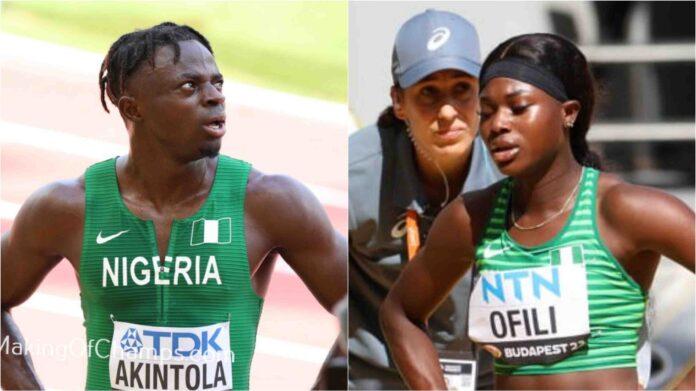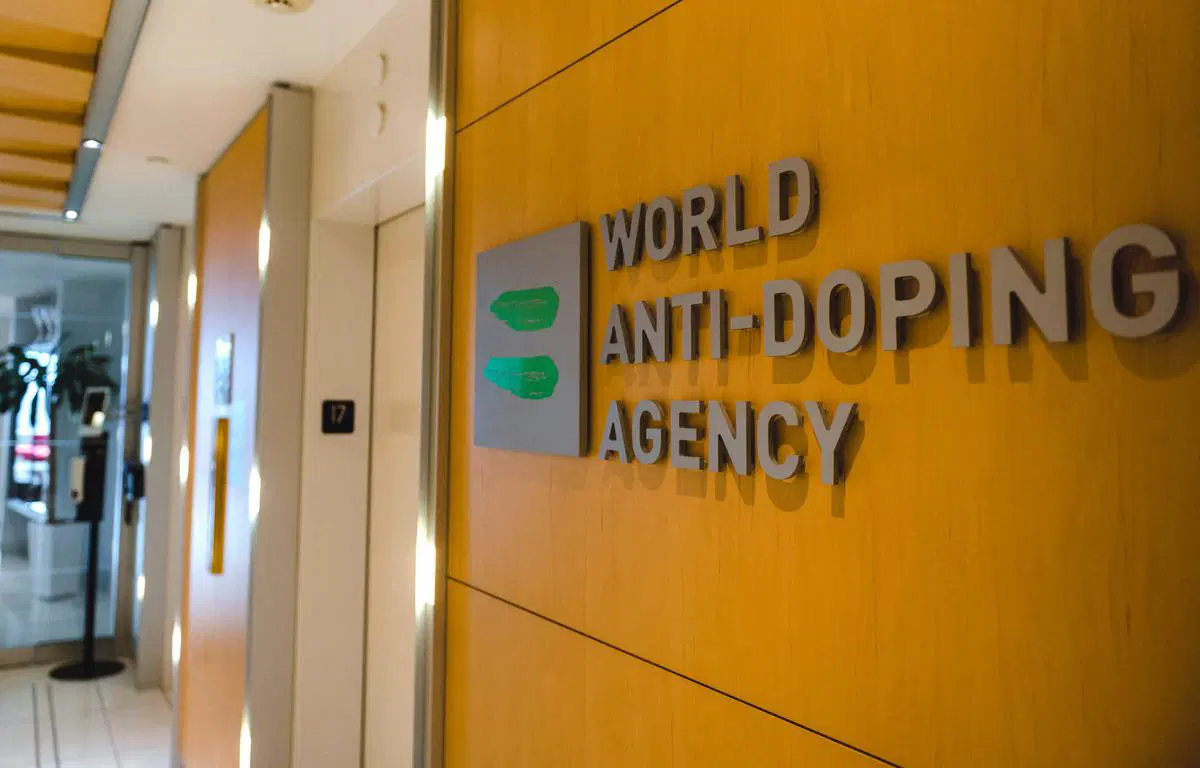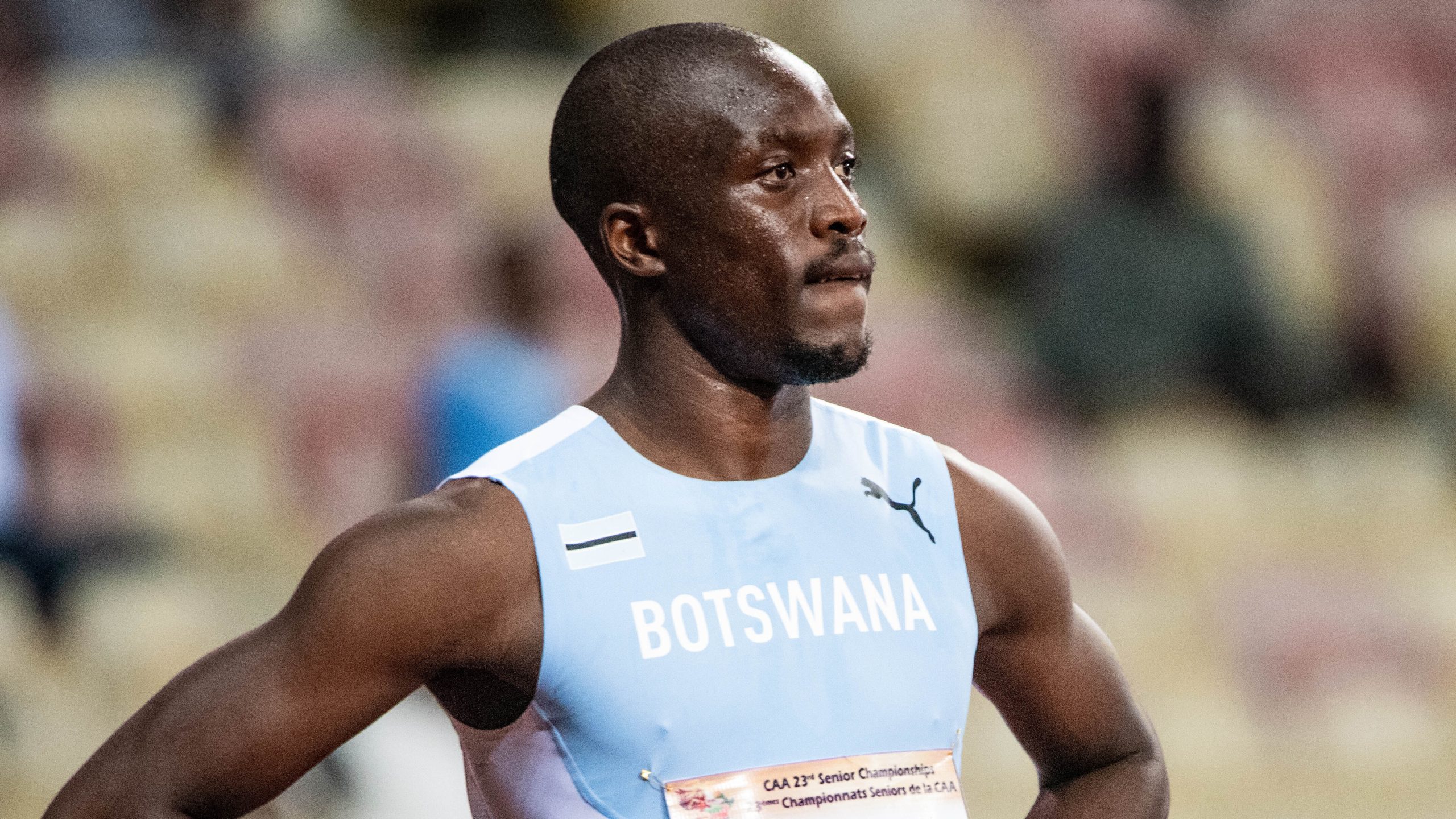 Like in all walks of life, if you fail to plan, you have plan to fail. That cliché aptly captures the Team Nigeria’s performance at the 19th World Athletics Championships, which ended without a podium finish, Gowon Akpodonor, who was in Budapest, writes.
Like in all walks of life, if you fail to plan, you have plan to fail. That cliché aptly captures the Team Nigeria’s performance at the 19th World Athletics Championships, which ended without a podium finish, Gowon Akpodonor, who was in Budapest, writes.
Nigeria went into the championship hoping to better her performance at the last edition of the event in Oregon, U.S., where it won a gold medal and a silver, as well as creating a world record.
Nigerians’ hopes were buoyed by World Athletics decision to lift the suspension on the country’s golden girl, Tobi Amusan, and allowing her to compete at the championship. World record holder, Amusan, was earlier suspended by the Athletes Integrity Unit {AIU} for missing three mandatory out-of-competition tests.
Her presence in Budapest raised hopes of another golden outing for the country. But little did the optimists reckon that her long stay out of the tracks would impact negatively on her fitness. And then, reality set in as the country’s entrants started falling one after the other.
After the exit of Amusan and world silver medalist in the long jump, Ese Brume, from the competition, Nigerians’ attention shifted to the relay events with the hope of repeating the country’s feat at the Gothenburg, Sweden edition of the championship and at the 1997 event in Athens, Greece, where the men’s 4x400m relay team and the 4x100m relay team respectively ensured Nigeria returned home with a medal.
The expectations failed in Budapest, with the relay teams failing on three fronts; and the reason; poor baton exchange.
First was Usheoritse Itshekiri and Alaba Akintola’s inability to exchange batons successfully, which prevented Nigeria’s 4x100m men relay team from making it to the final. As if they had learnt any lesson from that mishap, the women’s relay team vowed not to repeat such a mistake.
But theirs was no different as Justina Eyakpobeyan and Favour Ofili committed a worse blunder in their baton exchange, which denied Nigeria the chance of making it to the final of the women’s 4x100m. The same scenario played out during the women’s 4x400m event.
It was Nigeria’s last event inside the National Athletics Stadium in Budapest, and the women’s 4x400m relay team ended in another nightmare. Their baton dropped.
While athletes and officials, as well as fans from the United States, Jamaica, United Kingdom and France were celebrating fruitful outings, Nigerians inside the complex wore long faces.
Felicia Oby Nwokorie, a staff of the Ministry of Youth and Sports Development, who was in Budapest, could not hide her feelings after the women’s 4x400m relay team dropped their baton midway into the race.
“What is wrong with our relay teams?” Nwokorie screened on top of her voice. “Is it that they didn’t practice proper baton exchange before coming into the track? This is not fair on Nigerians, who are watching at home.”
For years, Nwokorie has traveled with different Nigerian teams to countries like Germany, Botswana, Malaysia, Kenya, South Africa, and Canada covering football, badminton, and athletics events.
Mosquito bites
One issue she encountered throughout her coverage of the championships in Budapest was the frequent attacks by mosquito inside the National Athletics Stadium.
The complex, which is essentially track and field stadium, is built on the eastern bank of the Danube River, south of central Budapest, with a capacity of 36,000 for the championships. It will be reduced to 14,000 for future events.
It has a 500-seat press tribune, a 110-seat press conference room and a 400-seat press centre created for the media.
The stadium, which is one of Europe’s most beautiful running circles for sports fans, recreational runners and professional athletes, is separated from the training ground by a canal. To link them is a 168-metre-long single-pylon pedestrian bridge, also known as the Robinson Bridge on Csepel Island. The canal is a breeding ground for mosquitoes.
The downpour on the opening day of the championships, which forced the organisers to reschedule some of the events, pushed the mosquitoes out from their hideout, and the insects had free feed on the athletes, coaches, and visitors all through the duration of the championships.
The poor baton exchange by the relay teams added to the agony of many Nigerians at the stadium, including the easy-going Nwokorie. “I just hope these frequent mosquito bites we got here won’t cause problems for us by the time we return to Nigeria,” she said, while savouring the beauty of the stadium complex.
She continues: “I won’t put all the blame on our athletes because some of them actually put in their best. I am sure we have learnt some lessons from Budapest.”
Back in their Park Inn Hotel Radisson, the blame game erupted. While some heaped the no medal show on some of the athletes, who preferred to train with their foreign coaches instead of practicing baton exchange with coaches brought by Team Nigeria to the championships, others pinned it on poor preparation.
Though, some of the athletes acted out of line, but of truth, Team Nigeria had the poorest preparation among all the countries that competed at Budapest 2023.
U.S.-based Victor Okorie, who is the Performance Director of the Athletics Federation of Nigeria (AFN) told The Guardian that Nigeria must borrow a leaf from Jamaica and other countries, on how to prepare its team for major competitions.
“We must face it. Our failure in Budapest was purely caused by inadequate preparation,” he said. “I think there is urgent need for the government to borrow a leaf from Jamaica and other countries while preparing for major championships. Jamaican athletes spent three weeks in Belgium for this championship and another 10 days here in Budapest before the opening ceremony. They had enough time to relax and plan.
“Team Nigeria only rushed in a few days to the opening ceremony. The difference is very clear.”
Former Nigerian sprinter, jumper and hurdler, Seigha Porbeni, who is AFN’s Head Coach, also pinned the poor performance on inadequate preparation.
Porbeni told The Guardian that several factors, including overloading of most of the athletes, who came to Benin City for the pre-championship national trials, and the fact that many of the athletes jumped from one country to another in search of the required grade, played parts in the failure.
This inclement atmosphere, he said, affected all the athletes, including Ese Brume and the relay teams.
“Again, there was no organised training tour for the athletes. There was no incentive, and the athletes were treated like they were on their own. I think the Federal Government has a major role to play in this regard. Everything must not be left for the AFN. The issue of Out of Competition Test (OCT) also affected some athletes that were not in the pool,” Porbeni stated.
Some of the coaches in Budapest advised that the country should look inwards, pay more attention to training of home-based stars for major competitions, instead of ‘wasting’ money on athletes born overseas, who only turn to Nigeria after failing to make teams in the U. S. and United Kingdom.
“For now, Nigeria has only two big athletes, Tobi Amusan and Ese Brume. I can tell you that majority of the athletes born abroad that we are parading don’t have any business being in our team. They can’t give us medals.
“Some of them, who couldn’t make the U.S.’s team, turned to Nigeria just to cause confusion in our camp. They know that Team Nigeria will always give allowances no matter what happens. I think it is high time we looked inwards and strengthened our home-grown athletes. I am not trying to run anybody down, but I know what I am talking about,” the coach stated.
X-raying Team Nigeria’s performance in Budapest, AFN President, Chief Tonobok Okowa, attributed the unimpressive performance to paucity of funds and failure to organise a proper camping session for the athletes before the championship.
Prior to the championships in Budapest, Okowa had a rough battle with some of the board members, who were only interested on the federation’s sponsorship money, rather than helping to build a formidable team for the challenges in Hungary.
Things got to a stage, when some of the ‘rebel’ board members collected signatures with the intention of impeaching Okowa.
But Okowa, who is also the president of African Region 2, as well as one of the vice presidents of the Confederation of Africa Athletics (CAA), said Team Nigeria would have done better if they had proper camping before the championships in Budapest.
He stated that the athletes gave their best for the country because they competed with people who were better prepared for the championship.
The AFN president, while commending the athletes for putting up a fight despite the inadequate preparation, assured that the federation would continue to work towards making its preparations more solid and better in the future, beginning with the 2024 African Games in Ghana and the Olympic Games in Paris, France.
He commended Amusan for her presence of mind despite the travails she had to go through before being allowed to compete at the Championships.
Okowa also asserted that some of the athletes were just returning from various injuries but were not deterred by the competition to post some impressive results even though they couldn’t get to the podium.
“Brume missed the podium by whiskers despite being out injured for most part of the year. The same for Favour Ofili and other athletes. Our athletes must not allow their performances in Budapest to dampen their confidence, but rather, allow it to inspire them to the better heights because they have the ability to become world champions in the future,” Okowa stated.
Team Nigeria was ranked 44th best country at the end of Budapest 2023. The country is joint 44th best with Algeria, Bahamas, Romania and Switzerland.
Team USA finished top of the log with a total of 277 points following their 12 gold, eight silver final, nine bronze medals win as well as having as many as 26 other athletes placed between fourth and eighth in the final.
Jamaica came second with 139 points, while Kenya placed third with 112 points, having won three gold, three silver and four bronze medals. The East Africans also had 14 other athletes in the final.
Team Nigeria also ranked as the joint seventh African best at the Championships with Algeria, while Kenya tops. The Kenyans are followed by Ethiopia, who came fifth overall after garnering two gold, four silver and two bronze medals, while having as many as 10 other athletes in the final. Uganda with two gold and three other athletes in the final rank third in Africa and 19th overall, while in fourth is Botswana, who picked a silver and a bronze courtesy sprinter Leslie Tebogo, as well as having the 4x400m team in the final. They are ranked 24th best in the world.






